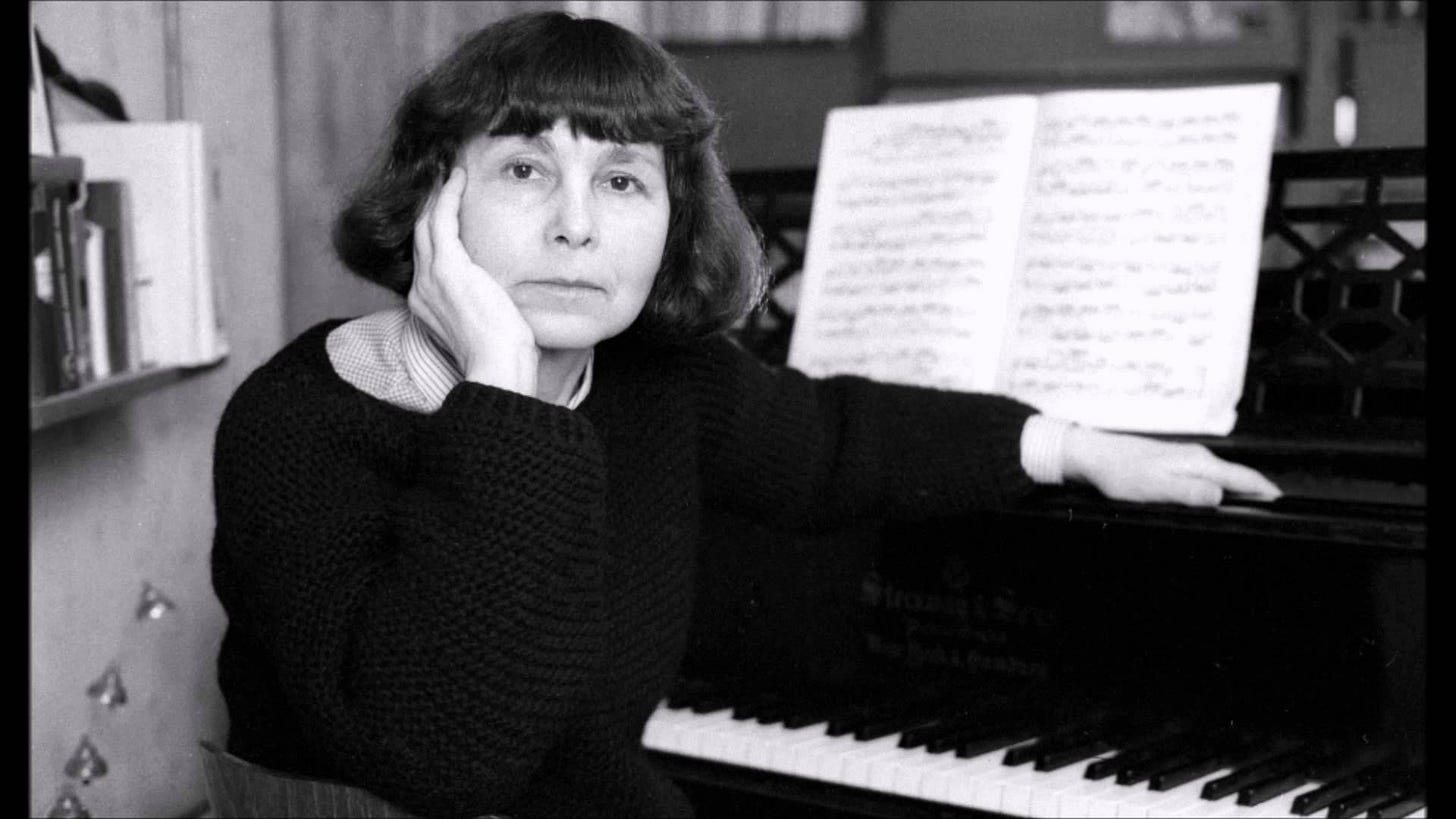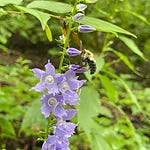Good morning, afternoon and evening,
This piece was recorded yesterday after I heard the news of maestra composer Sofia Gubaidulina’s passing. She was 93 years old.
The first time I learned about Gubaidulina’s work was when I was in high school studying composition at the China Conservatory of Music. One day, my main professor put this solo accordion recording on his Kenwood stereo (the best Japanese brand you could find in China at the time). He always blasted the crap out of his speakers whatever he played for his students. My ears and my whole body were in shock by the dark and low humming sound coming out of the speakers. It took me a while to recognize that it was an accordion. As a 15-year old, I had the first real challenge in my life to sit through a music work and to feel possessed in a way. I didn’t like it. Rather, I was frightened. And then, I learned that it was written by a Russian female composer name Sofia Gubaidulina. I thought that she must be some kind of witch.
Fast ward to today, after many years of studying, creating, traveling and becoming older, Gubaidulina’s music has always had a deep and special place in my heart.
“Sofia Gubaidulina was born on Oct. 24, 1931, in Christopol, in the rural Tatar region of the Soviet Union, 600 miles east of Moscow. Her family was poor, and she recalled a bleak existence as a child playing in a yard without grass for a 1990 BBC documentary. "Suddenly the child's imagination turned to the sky," she said. "I sat in that bare yard, with a rubbish dump in the middle, nothing else for a child's ideas. I looked up at the sky, and I began to live up there."
She also began to live within the sounds of the piano. When Gubaidulina began music school, a piano was delivered to her home. "In purely acoustic terms it was heavenly," she remembered. "You could sit underneath and hear unusual sounds. You could play directly on the strings, or the keyboard. There were so many possibilities." In her 2017 interview, she admitted "That was the impulse that inspired me to devote my life to music and art. I wanted to shape sound matter."
Gubaidulina's formal studies, in piano and composition, began at the conservatory in the region's capital city of Kazan, where she graduated in 1954. She enrolled in the Moscow Conservatory and in 1959 met the revered composer Dmitri Shostakovich who gave the young Gubaidulina key advice, boosting her confidence. After hearing her perform a piano reduction of the symphony she'd written for her final exam, the elder composer told her, "My wish for you is that you should continue on your own incorrect path." In other words, do not compromise your vision.
Gubaidulina's path proved to be one of trials and triumphs. In 1973, a stranger attempted to strangle her in the elevator of her Moscow apartment building. A KGB agent was suspected, and yet Gubaidulina scared off the attacker when she asked him why he was taking so long to kill her. In 1979, her music, along with that of six colleagues, was officially denounced as "noisy mud" by the very Soviet Composers' Union Gubaidulina joined in 1961.
Like Shostakovich, Gubaidulina composed a variety of film scores to earn a living during the Soviet era, including one for the 1973 animated feature, Adventures of Mowgli, based on Rudyard Kipling's The Jungle Book. Also beginning in the 1970s, Gubaidulina was active as a co-founding member of the improvisation group Astrea, where she could focus on the Asian roots of her family tree. "On my father's side I'm a Tatar and on my mother's side I am Slavic," she told the BBC, adding, "I discovered that playing Eastern instruments allows you to understand more about yourself."
Full article on NPR
Wu Fei 吴非
Wufeimusic.com













Share this post